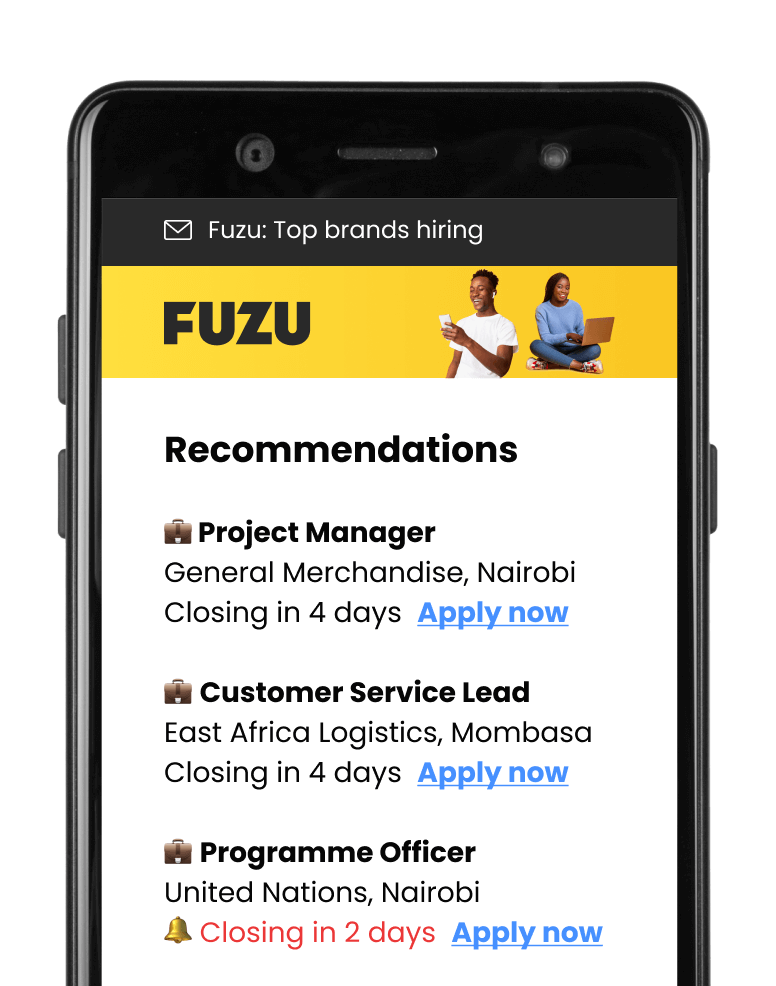- The program will support the Government of Kenya to progressively assume responsibility for the national Economic Inclusion Programme in Garissa, Isiolo, Mandera, Marsabit, Samburu, Tana River, Turkana and Wajir. Our streamlined, County-adapted, gender-sensitive, and community-led model builds the capacity of village savings and loan associations and Ward-level producer cooperatives to coordinate service provision and market and financial linkages for the extreme poor, and in particular women and people living with disabilities, thereby offering a sustainable support platform after project end. We will reach 17,000 direct participants and 96,900 direct-indirect participants (household members) for a total of 113,900 total population reached, demonstrating exceptional value for money.
About the Role
- We are currently seeking qualified candidates for the position of a COUNTY COORDINATOR for Tana River County; on the anticipated Kuza Jamii project. The successful candidates will report directly to the System Strengthening Specialist and collaborate closely with the CHASP ADVISORY Programs team.
REQUIREMENTS
Personal Skills:
- Strong relationship management abilities. Ability to relate to people at all levels internally and externally. Strategic in how you approach each relationship.
- Excellent negotiation skills
- Strong communication and presentation skills.
- Proactive, resourceful, solutions-oriented, and results-oriented
- Capable of working in a dynamic, results-oriented environment; ability to multi-task across various work streams/priorities
- Team player with a positive attitude who can work independently while also being highly collaborative and open. Capable of building and fostering relationships and influencing the opinions of others
- Demonstrated commitment to respect, gender, equity, diversity, and social inclusion.
Education & Experience
- Undergraduate degree in policy, communications, social policy/social protection, economics, public health, governance, project management, or related areas
- Minimum of three year’s relevant work experience preferably in a development setting with a national or international non-governmental organization
- Demonstrated experience in successful provision of technical assistance to government ministries and or/decentralized government structures.
- Hands-on experience in managing or supporting project implementation processes.
- Track record of managing multiple and dynamic relationships internally and externally with partners, government departments, and community institutions.
- Demonstrated experience working in multi-cultural and multi-disciplinary teams.
- Experienced in conducting research-related interventions including desk reviews, consultations through key informant and focus group discussions, and use of quantitative and qualitative methodologies.
- Demonstrated experience in driving proactive and innovative strategies to achieve results.
- Experience in monitoring and evaluation of projects/interventions.
- Experience in conducting consultations, mobilizing teams and engaging/working with communities and project participants.
- Proven experience in the development and dissemination of high-quality reports/learning products
Required / Desired Language: Any of the county’s local language, English and Kiswahili.
Travel required: Based at the County level with frequent travels to sub-counties.
Key Working Relationships:
- Supervisory: Enumerators and Research assistants (as required)
- Internal: System Strengthening Advisor, CHASP Practice teams, CHASP finance, HR and logistics teams, Head of Programs, CHASP Global director
- External: Relevant partners based at the county level including KUZA Jamii teams, social protection-related government bodies and authorities, CSG members, Cash Technical Working Groups, National Drought Management Authority(NDMA) officers, NGAO, UNICEF, NICHE working group members, Local Implementing partners, and private sector providers among others.
Please forward an application letter indicating your suitability for this role, together with a copy of your updated resume, to [email protected] by 22nd April 2024.Please specify which County you are applying for. Only shortlisted candidates will be contacted.
With the oversight of the System Strengthening Advisor:
- Collaboratively conduct data quality audit of Enhanced Single Registry (ESR) using the stipulated methodology and subsequent development and dissemination of data audit reports.
- Contribute to the consultative development and field testing of On Demand Registration (ODR) guidelines for Economic Inclusion Program (EIP)
- Participate in consultative development of shock-responsive guidelines for EIP and facilitate subsequent orientation sessions to relevant county teams.
- Collaboratively provide technical and operational support to facilitate timely and effective convening of relevant/selected EIP-related county coordination platforms such as the County Steering Group (CSG) quarterly meetings.
- Provide technical and operational guidance as well as supportive supervision to county-based research assistants and enumerators as needed.
- Contribute to high-quality development and timely submission and dissemination of relevant project and donor learning products e.g. activity reports, monthly shock response situation reports, workshop reports, coordination meeting reports, and newsletters among others.
- Contribute to the documentation of ODR and Shock response guidelines for EIP.
- Track and update project implementation plans.
- Ensure timely submission and follow-up of procurement plans and requests as per CHASP’s grants and procurement protocols and procedures.
- As CHASP’s county focal point, collaborate, support, and facilitate county-level planning, implementation, monitoring, and documentation of current and upcoming projects led by CHASP. Engagement will be in-person at the county level and/or remotely to other counties as relevant.
- Support in consolidation and sharing of evidence and experiences from KUZA Jamii , EIP and other relevant projects to inform learning and adaptation internally (CHASP’s teams, projects, organizational strategies/culture) and externally (CHASP’s strategic and collaborative partners).
- Support in strengthening CHASP’s accountability culture by documenting all feedback received, ensuring timely sharing and closure of feedback loop.
- Support in fostering strategic and collaborative partnerships with CHASP’s internal and external stakeholders at the county level by representing the organization in key social protection-related working groups such as KUZA Jamii project implementation committees, NICHE steering committees, Cash Transfer Technical Working groups, Social Protection multi-sectoral forums, County Steering Group meetings among others.
- AOD (Any Other Duties) - Any other duties as may be assigned by the Systems Strengthening Advisor and/or CHASP management teams.


